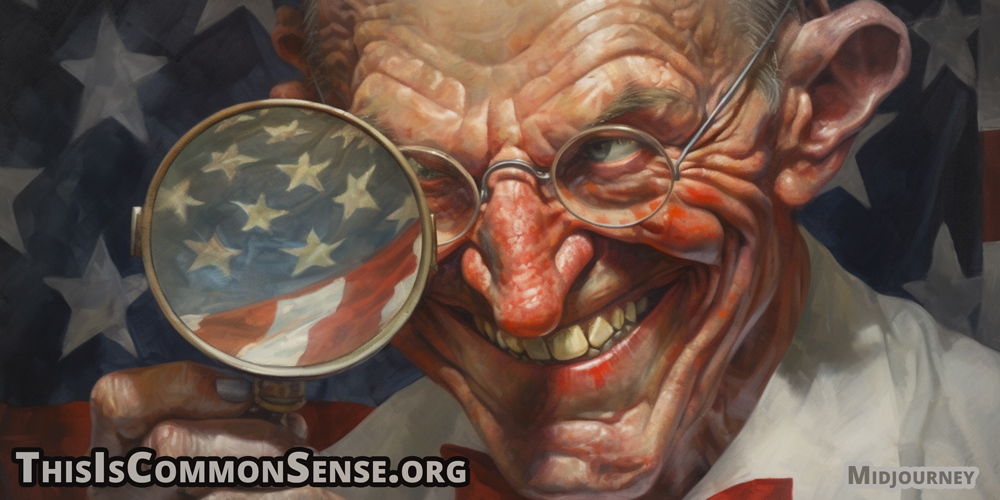Alabama recently passed a law to prohibit public agencies from disclosing information “that identifies a person as a member, supporter, or donor of a 501© nonprofit organization … except as required by law.”
SB59 is comprehensive, stating that “notwithstanding any provision of law to the contrary,” no public agency may compel disclosure of such information or itself publicly release such information.
The initial delimitation “except as required by law” seems ambiguous. But SB59 goes on to specify that exceptions would pertain to things like the requirements of a “lawful warrant” or a “lawful request for discovery of personal information in litigation.”
Passage is a big deal because, until now, agencies in the state had been permitted to collect and disclose such information.
Many nonprofits are political or ideological in character, promoting causes that are controversial. When this is so, who especially appreciates unfettered access to donors’ names and addresses? Obviously, opponents of the cause who would like to target donors with propaganda or even actively harass them.
On the national level, recognition of the problem is represented by the U.S. Supreme Court’s 2021 ruling in Americans for Prosperity Foundation v. Bonta. The court threw out a California requirement that nonprofits in the state had to divulge the names and addresses of their biggest donors to the attorney general. The Foundation plausibly argued that the requirement would deter people from contributing.
Several other states have also enacted SB59-style legislation. The number we need is 50.
This is Common Sense. I’m Paul Jacob.
Illustration created with Midjourney
See all recent commentary
(simplified and organized)
See recent popular posts

5 replies on “Donors Don’t Donate Their Privacy”
If we reject argument ad hominem, and if we don’t seek a prohibition-by-intimidation, what justification could be found for exposing donors?
The people who argue for transparency here seem to rely upon the former: “This institution gets some of its funding from X, so we should reject what it does!” At best, getting funding from X should invite suspicion; no more.
Meanwhile, we’ve repeatedly seen attempts — often successful — to weaponize state agencies against political opponents. Revealing the names of donors tells weaponized agencies whom to hurt.
4th Amendment sez “The right of the people to be secure in their persons, houses, papers, and effects, against unreasonable searches and seizures, shall not be violated, and no Warrants shall issue, but upon probable cause, supported by Oath or affirmation, and particularly describing the place to be searched, and the persons or things to be seized.”
Public institutions doxing people certainly violated that.
Sorry but I take the opposite view. I believe that charities should be required to publicize their complete donors list along with the amount donated. Courts have ruled that donations are political speech.
I believe in free speech, but not anonymous free speech. In the days of the internet and camera equipped cell phones, actual speech is no longer anonymous, so neither should speech by donations.
I get around all of the noseyness by just dropping some FRNs in an envelope and mailing it. Maybe a note of thanks, but no name.
How secure is donors’ privacy when agencies like the IRS have your tax information? Unless you’re using crypto, your bank would have records of donations from your account(s) and the groups to which it was sent. There is no protection against leakers, even at the state level. MSM will protect its sources.